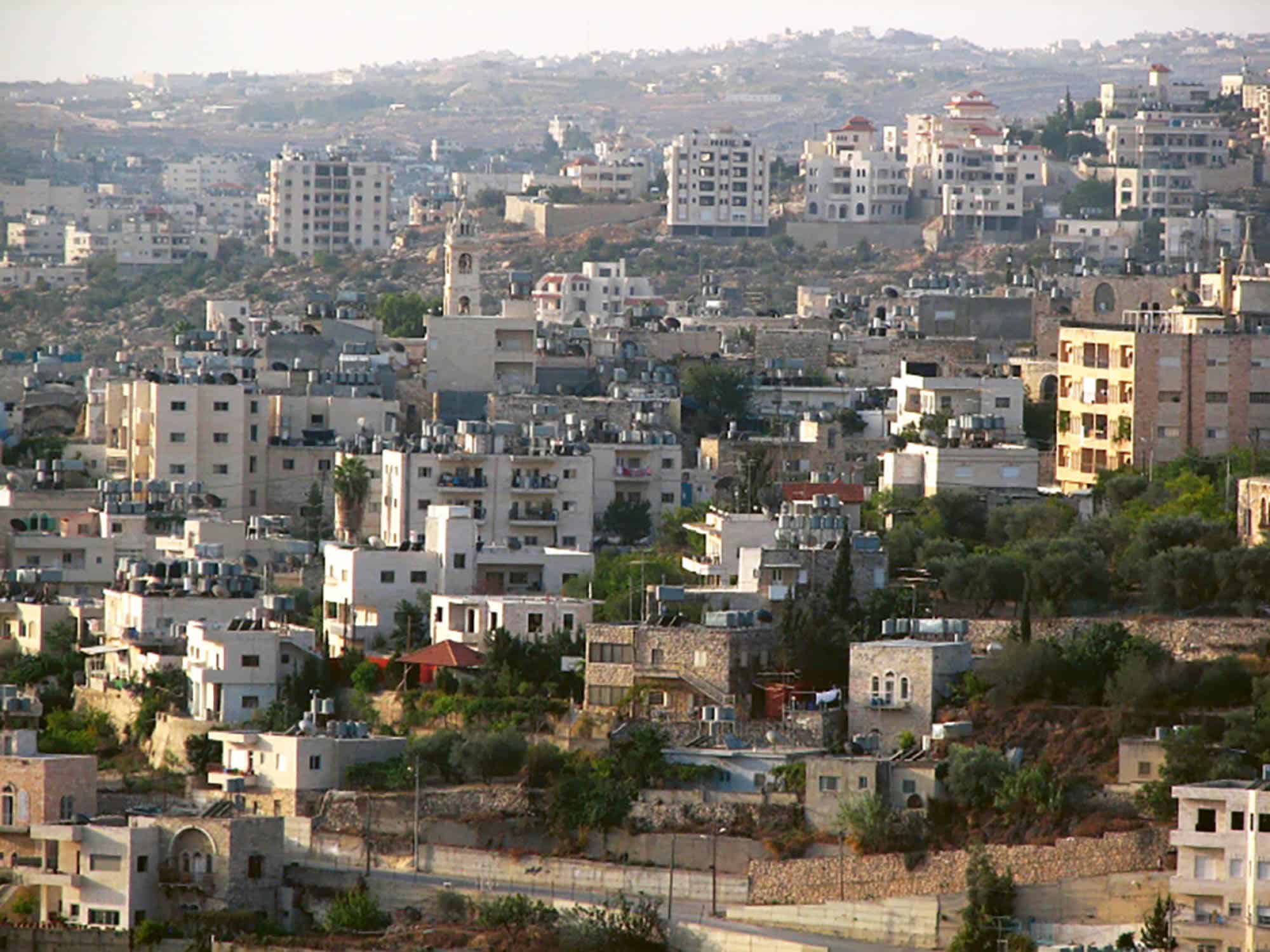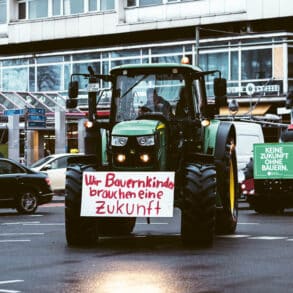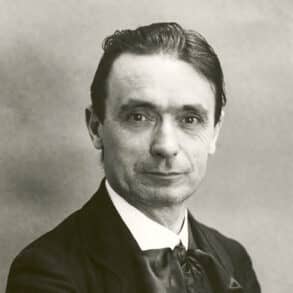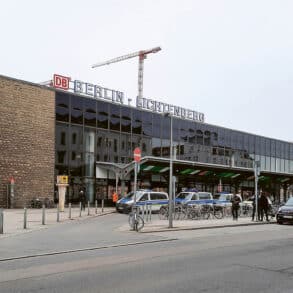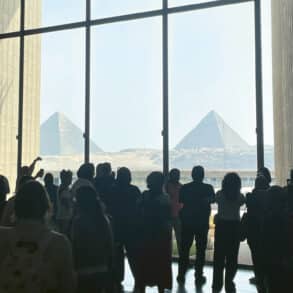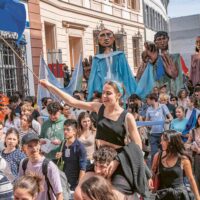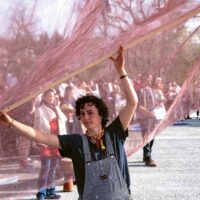Following the pager attacks and the death of Hassan Nassrallah, violence has escalated in the Middle East. Hezbollah is supporting the Palestinian Hamas. Israel’s UN ambassador, Danny Danon, speaks of self-defense. Can calm ever return to a situation in which revenge is the driving force?
Somewhat naively, I end up on the phone with Faten Mukarker. I wanted to contact her last fall when the new wave of violence broke out in Israel/Palestine, but I didn’t know how to reach out to her. Today, I had an idea: maybe I could send her a poem by a young Israeli, Omer Eilam, that had arrived at the editorial office and she could respond to it. She immediately agreed to talk to me on the phone.
Arabic is being spoken in the background, pots are banging, and a radio is playing. Faten is a Palestinian Christian who has lived in Bethlehem, more precisely in Bait Jala in the West Bank, for 46 years. Her German comes from Bonn, where she grew up and would have liked to stay. She belongs to a very small minority, living in the birthplace of the Christ Child, and she says here it is the most difficult to live the Christian religion. 99.2 percent of Palestinians are Muslim. Faten was born into a Greek Orthodox community, but life has made her a mix: in the Rhineland, she became Catholic and then, back in Israel, Protestant.
It takes a while before I really get to grips with her reality. I am referred to websites where Israeli soldiers talk about their experiences,1 where doctors give their accounts of the atrocities, and where even the renowned Israeli journalist Gideon Levy critically questions his compatriots.2 Levy describes Israeli society as having lapsed into apathy, violence, and cruelty. The dilemma dawns on me: the Palestinians are not being heard, even if “Free Palestine” is written on many doors in German toilets. In the political arena, Palestine feels as if its voice and its suffering carry little weight. Faten has to extract herself from this speechlessness so that she can reach me. I myself am becoming increasingly silent, like all those who can oppose the madness of power and ideology with nothing except fragile human brotherhood.
When Faten’s son left Israel 24 years ago, he told his mother to come with him because the country had no future. She stayed anyway. Today, he still writes the same thing and Faten asks rhetorically whether anything has changed in that time. “The Palestinians need a light at the end of the tunnel, a hope, a state,” she says. Then she recounts what her granddaughter said last Christmas: “We’re not celebrating Christmas this year because the Christ Child is afraid to come to us.”
Loving her enemies, as her religion tells her, is Faten’s daily challenge as a Palestinian. And she struggles with this human pain threshold. Her “enemy” is palpable, visible, tangible. The wall that Israel began building in 2002 to demarcate the West Bank runs right through her garden. The water she used in her garden beds was diverted. She wants so much to be a link, to leave behind the “eye for an eye” attitude of the sibling religions. She talks about a situation a few years ago when there was a Hamas attack in Tel Aviv. She was sitting in front of the television with her elderly neighbor. “Well,” the neighbor said casually, ”their mothers should cry too—it shouldn’t be just ours!” Faten was shocked. “What are you saying? We’re not supposed to kill, not even with cause.” The neighbor woke up as if from a trance and prayed to God to forgive her. Saying “no” to such feelings is not easy. “But we have to start now. That takes courage.”
Faten carries a picture with her from her childhood in Germany: Jesus on the cross in a Catholic landscape and a bench underneath with a sign saying “Jews not wanted.” She could never understand this—for her, the roots of her religion lie in Judaism. Jesus was Jewish. As such, she respects Israeli Jews. “I try to walk in other people’s shoes, but as bad as it is right now, sometimes I don’t even like wearing their slippers.” After all, what does the “right to defense” that Israel and Europe refer to actually mean when Israeli Finance Minister Bezalel Smotrich advocates starving the Gaza Strip to death?3 “With all the money from all these weapons that have caused so much suffering on both sides, we could have built a paradise,” says Faten, and her voice sounds bewildered. Just as bewildered as the voice of the old Jewish woman in the tourist kiosk in Jerusalem who once asked me where I was from. When I replied, “From Germany,” her eyes dulled. I dared to ask what this fact meant to her. She told me that some of her family had remained in Auschwitz and that she was so glad that the Lord had given them this country where they were safe.
Safe? Safe is where people come together in the name of peace and for peace.
Faten and I plan to talk to Omer together. I will send her his poem after the phone call.
Translation Laura Liska
Image Bait Jala, West Bank. Photo: Gilabrand, Wikimedia

